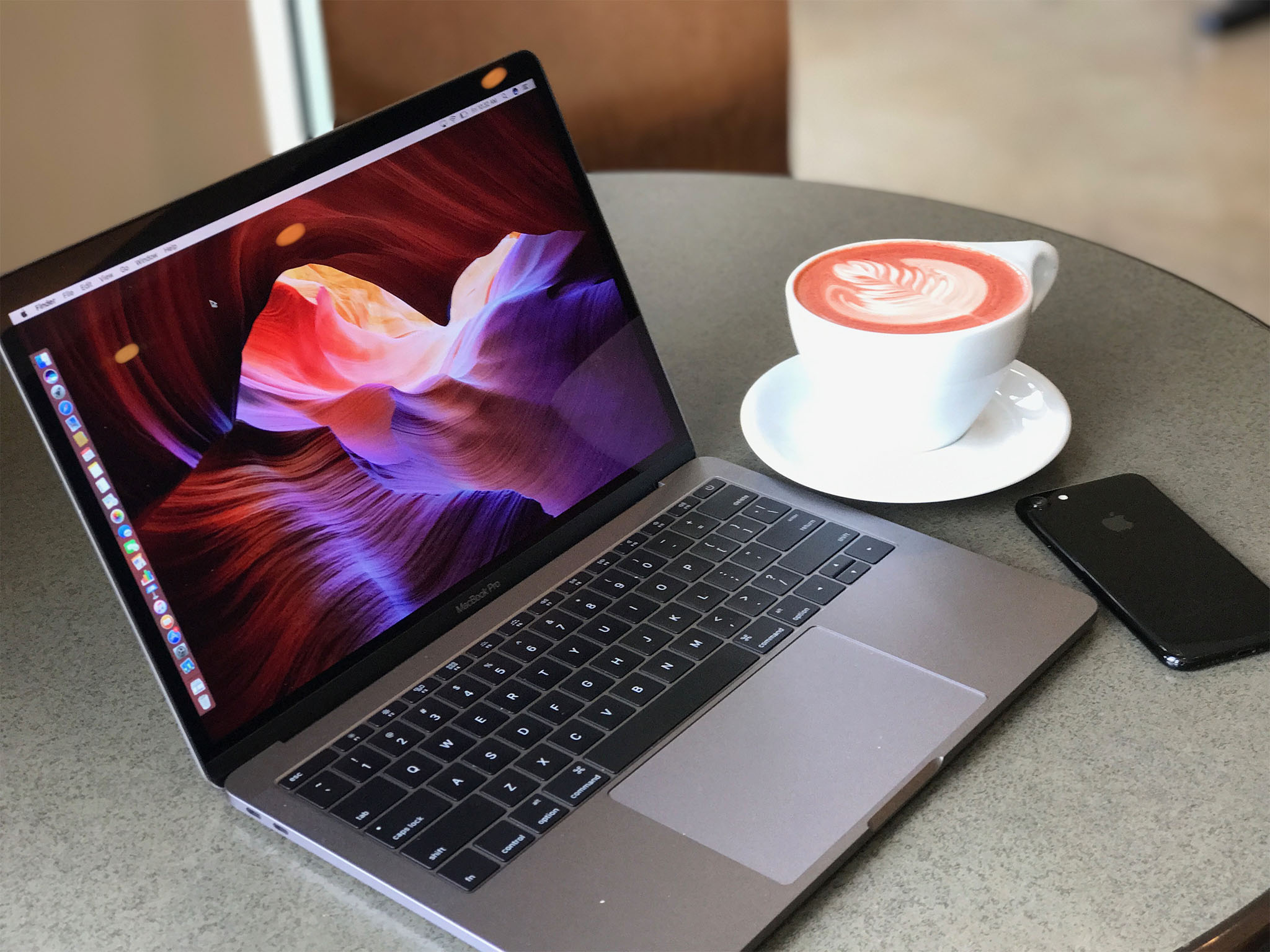Do You Need Avast Antivirus For A Mac Computer?
Ultimately, if you do go the free route, don't just click on the first 'free antivirus program' button you see, whether it's a pop-up ad or the result of a Google search.
Antivirus software has been a main staple of PCs and Windows-based computers for decades. With the release of Windows 10, everyone has this question - do I need antivirus for Windows 10? We examine the answers to that question here. A computer virus is a disease. Just like a virus in the human body, it is a piece of code injected into a computer system.
The idea is to replicate itself, cause damage, delete data, corrupt file systems, and cause mayhem. Virus attacks aren’t new, and the idea is to infect as many computers as possible.
The number one target for viruses has always been the Windows operating system. Many people think it is because it is less secure than Apple Mac or Linux systems.
Best Antivirus For A Mac
However, the basic truth is that Windows runs on more computers worldwide than any other system. A virus attacking a Linux system will only get a small percentage of users, whereas a Windows attack could potentially get billions.
Antivirus software was invented to find, isolate, remove and prevent virus attacks. With the advent of Windows 10, though, does the most popular operating system need antivirus software anymore? In this article we will examine the Windows 10 operating system, antivirus options and answer the question: Do I need an antivirus for Windows 10? Antivirus software is software the protects your PC from the various types of viruses. Worms, trojan horses and other types of viruses are designed to harvest personal information, retrieve data or corrupt system files.
Clicking Smart Check runs all 4 scans chronological. Avast boot scan log location.

Free Avast Antivirus For A Year
This information and data can be anything from your name and address to credit card numbers, email addresses or even physical addresses. If you think about how much of our lives have gone digital in the last few years, you may be surprised. We place orders for goods and services on our computers. We store photos, phone numbers and other personal identifying information on our hard drives, cloud servers, and websites. When you order a pizza, you input your name, address, phone number and a credit card number online, through your computer. We sign up for information and provide an email address, create passwords and answer security questions to feel safe. Where they can gather this stored information, imitate input fields and pass along the entered details to scrupulous peoples.